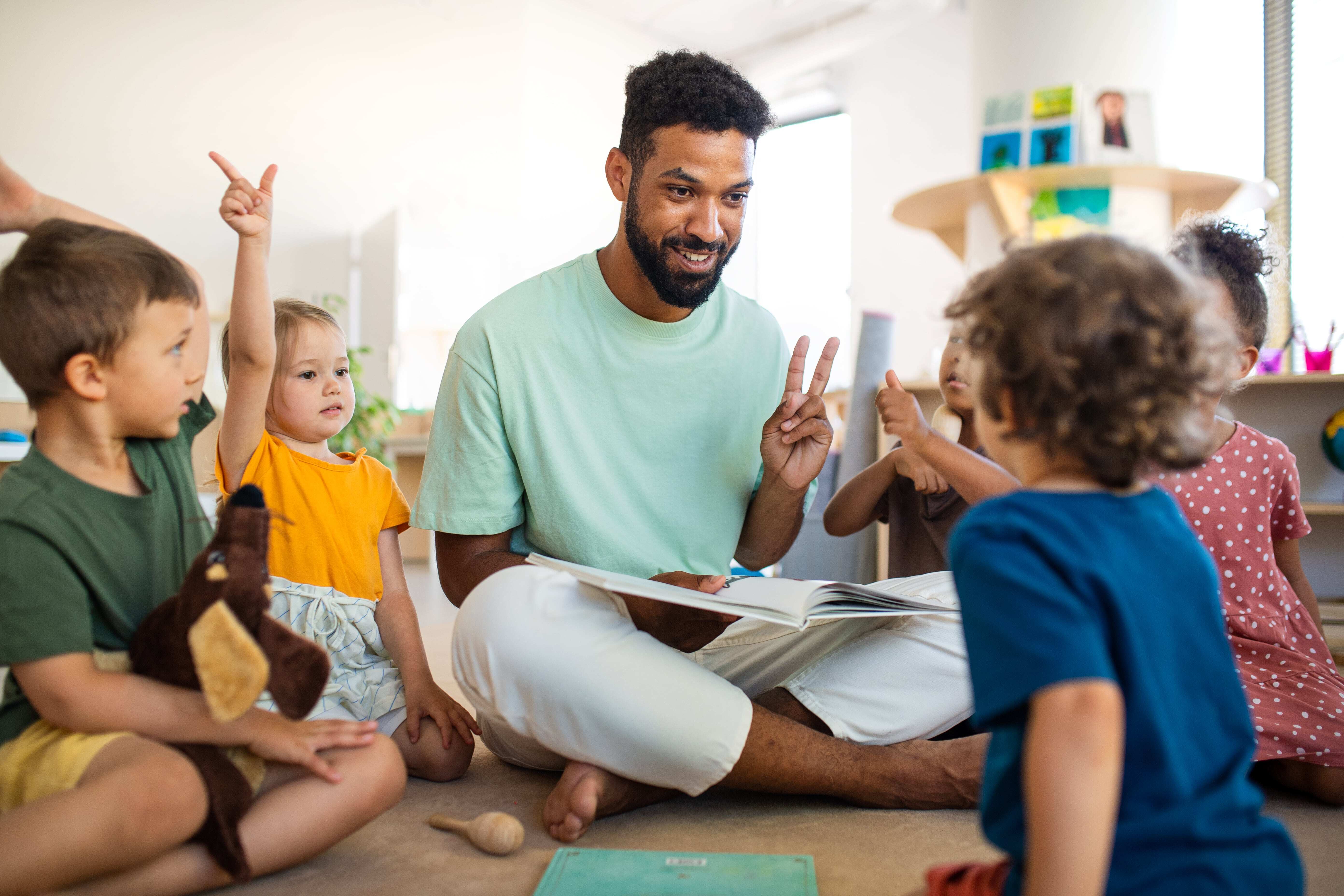This blog post provides practical strategies for families to help their children develop empathy and friendship skills, essential for positive social interactions and relationships in the classroom.
As parents, we often focus on our children’s academic progress, but equally important are the social skills they need to thrive in the classroom. Developing strong social skills helps children build meaningful relationships, navigate conflicts, and foster a positive school experience. Teaching empathy and friendship is key to this development. Here’s how you can support your child in becoming a socially adept and compassionate classmate.
The Importance of Social Skills
Social skills are the abilities that allow us to interact with others effectively and harmoniously. For children, these skills include sharing, taking turns, listening, understanding others' feelings, and expressing themselves appropriately. In a classroom setting, good social skills contribute to a better learning environment and help children feel more connected and confident.
Empathy: The Cornerstone of Social Interaction
Empathy is the ability to understand and share the feelings of another. It’s a critical component of social interaction and a foundation for building friendships. Here are some strategies to cultivate empathy in your child:
- Model Empathetic Behavior: Children learn by observing. Demonstrate empathy in your daily interactions. Show concern for others, talk about your feelings, and explain how others might feel in different situations.
- Discuss Emotions: Develop emotional literacy by helping your child recognize and name different emotions. Use books, movies, or real-life situations to discuss how characters or people might be feeling and why.
- Encourage Perspective-Taking: Ask your child questions that prompt them to think about others’ perspectives. For example, “How do you think your friend felt when you shared your toy?” or “What would you do if you saw someone sitting alone at lunch?”
- Practice Active Listening: Teach your child to listen attentively when others speak, making eye contact and responding thoughtfully. This helps them understand and relate to others’ experiences.
Building Friendship Skills
Friendship skills are essential for a happy and fulfilling school life. Here’s how to help your child make and maintain friendships:
- Role-Playing: Create scenarios where your child can practice initiating conversations, inviting someone to play, or resolving a conflict. Role-playing helps them feel more comfortable in real situations.
- Encourage Group Activities: Involve your child in group activities, such as sports, clubs, or playdates. These settings provide opportunities to practice social skills and build friendships.
- Teach Problem-Solving: Help your child develop strategies for resolving conflicts with friends. Encourage them to talk about the problem, listen to each other’s viewpoints, and find a solution that works for both parties.
- Promote Kindness: Reinforce the importance of kindness and respect in all interactions. Praise your child when they show kindness to others, whether it’s helping a classmate or sharing a snack.
Creating a Supportive Environment
Your home environment plays a crucial role in your child’s social development. Here are some tips to create a supportive space for learning social skills:
- Foster Open Communication: Encourage your child to talk about their day, including any social challenges they faced. Offer guidance and support without judgement.
- Set Clear Expectations: Establish and consistently enforce rules for respectful behaviour at home. This sets the stage for how your child will interact with peers at school.
- Provide Positive Reinforcement: Celebrate your child’s social successes. Positive reinforcement builds confidence and motivates them to continue practicing good social skills.
- Be Patient: Social skills take time to develop. Be patient and provide continuous support and encouragement as your child learns and grows.
Teaching empathy and friendship skills is an ongoing process that requires patience, practice, and positive reinforcement. By modelling empathetic behaviour, encouraging open communication, and providing opportunities for social interaction, you can help your child develop the social skills they need to thrive in the classroom and beyond. Remember, the goal is not just to teach your child how to make friends, but to help them become compassionate, understanding, and socially confident individuals.
Empathy and friendship are the building blocks of a positive school experience. With your support, your child can develop these essential skills and build strong, lasting relationships that will benefit them throughout their lives.
Stay in the know and check us out on social media! Follow BrightPath on Facebook and Instagram for a variety of fun activities and daily inspiration.






